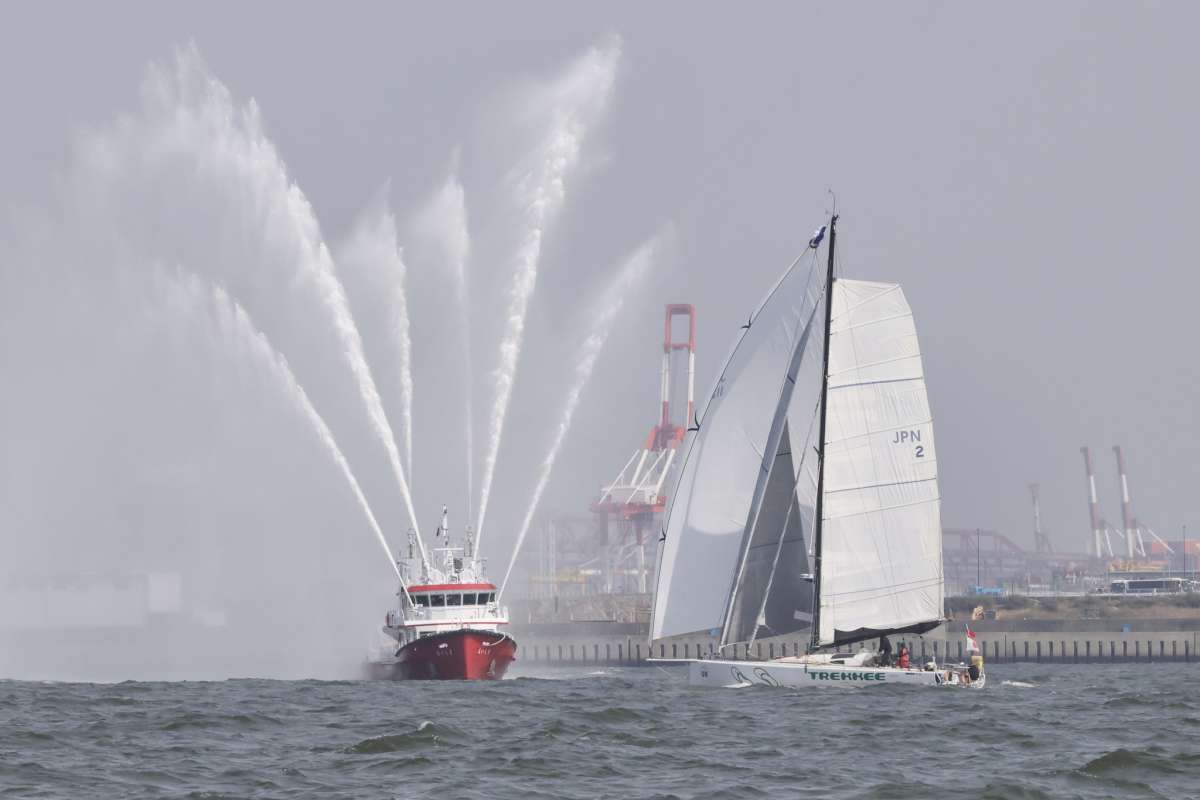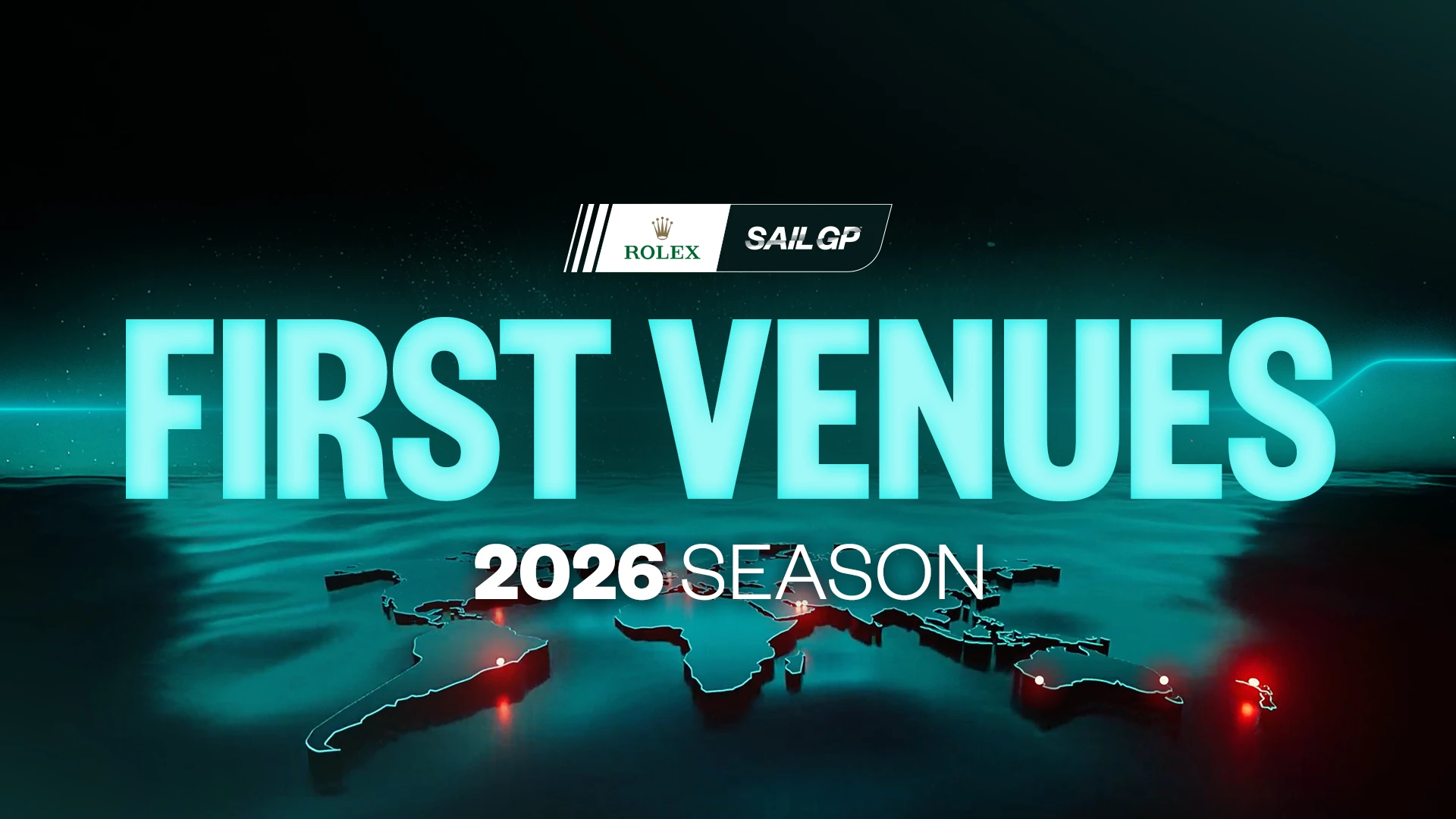Jack and Jude Binder finally cast off on their long-awaited cruise.
We're away!
Big day for the first one back at work. Slipped out the Richmond River just after dawn with a zephyr from the north. Slippery slide over the bar then wing and wing while the northerly found its strength. Forty miles later, full main and too much headsail poled out, Banyandah was rather hard to control. But the Clarence River breakwall was in sight and rather than struggle with slab reefing the main down a couple of reefs, we laboured harder at the helm and closed the white water fronting the bar doing something like eight plus knots. That's got to be hull speed.
This all started yesterday morning, Sunday, when six months of land-bound living changed in an eye-blink, the time it took to cast free our mooring lines. Suddenly we were sailors once again even though we'd not been on the water since tying our lady to the jetty. Sure, we'd done our maintenance and improvements, but somewhere in that time lost our sea-legs and a bit of physical fitness. Soft hands, lily-white skin and tender feet.
We only went as far as Mobbs Bay on the Sunday, a cyclone hole near the river mouth that's also a weekend favourite for speed boats zooming round towing yelping kiddies on inflatable rings. While Jude dove under to scrape barnacles out through hull fittings and off the prop, I tried to coax Mr Aries to work freely again.
Remember last month's westerlies? Carried heaps of dust that solidified Mr Aries innards and locked up my really poorly made Maxwell sheet winches. Too many dissimilar metals makes them phiz into one non-moving lump. Normally I use olive oil to lubricate the Aries as it doesn't emulsify with water, but this time I used a light 3 in 1 oil hoping it'll do the trick. Poor old gizmo has done so many miles since we put it on in Malaysia, and that would have been 1978! Ol' Nick Franklin designed a great device.
What's also amazing is how well our first day back at work went after six months of easy living. And while alone with the ocean today, I got to thinking why that is and concluded it comes does to having systems in place. A system for raising the anchor, one for raising the main, another for guiding the vessel in tricky situations, even one for flushing the dunny. In our first years, we hadn't a clue who should do what, or what should be done first. And that caused so many panicky situations that we yelled at each other and got agitated which only made things much worse. Now, we know.
Jude drives the boat so I'm free to look out and assess where best to go. That also leaves me free to do the sail work. From the helm, she tends the sheets when we raise sail and when they come home to rest. At other times, she tails while I crank to where I want them. So, if you're just starting out. Put your partner or crew on the helm and leave yourself free to see what's ahead. And practice.
When I delivered vessel for a living, if we used a new crew, training them was the first thing we'd do. Tack, reef, hove to, MOB, everything normal to our trade would be practiced so the crew knew just what to expect, and what was expected. No-one on my ships ever changed a thing without first asking me even if they had to wake me from a deep sleep. That's still the case.
So, we raced in to Iluka for the night. Tomorrow will be a duplicate of today so we'll be off for a 60-mile day-sail. Probably get to Coffs late, no worries getting in at night. Anchor off the jetty, but I think we'd better reef down this time just to make the passage less rocky-roly. Gosh, do hope we catch a nice fish. Ciao.























